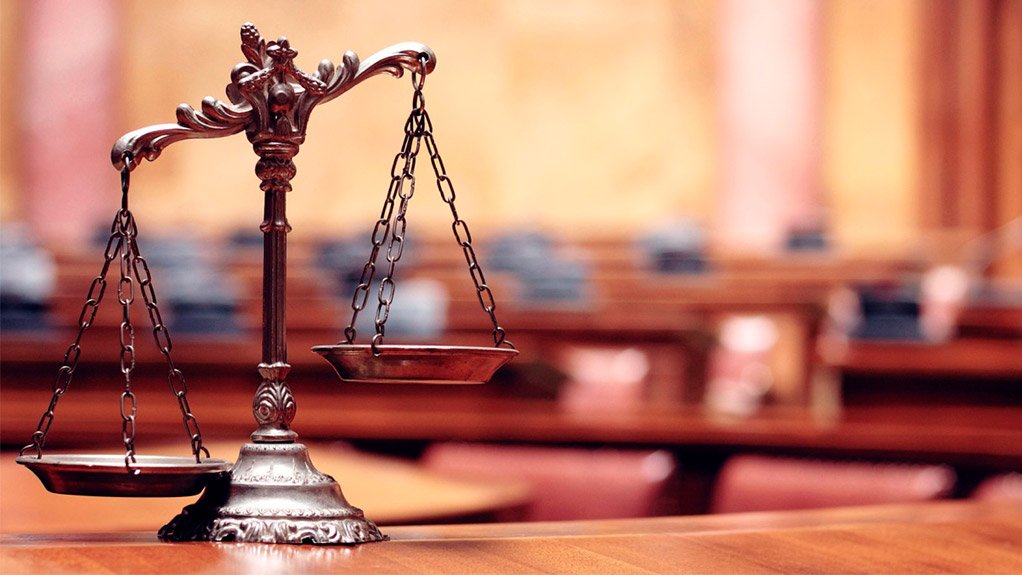Allowing for a secret ballot to be held during the motion of no confidence vote in Parliament will allow members of the house to feel safe enough to vote with integrity, the United Democratic Movement (UDM) has argued.
Speaking on behalf of the UDM at the Constitutional Court on Monday, Dali Mpofu said all South Africans wanted was to know that the members of Parliament who had been elected to represent them, were voting with integrity and that a secret vote would ensure that.
"We are giving reasons of why it must be there, but no-one has told us what is wrong with it. The real thing that all South Africans want to know is that does the President continue to enjoy the confidence of members of Parliament. That is all. It's a very simple antidote that we are waving to the court."
Mpofu argued that National Assembly speaker Baleka Mbete had failed to hold the executive to power after receiving a request to table the motion of confidence in a letter addressed to her in April, as she was obligated to do.
"The source of all this is the obligation of Parliament to hold the executive to account. That obligation starts the minute those members of Parliament are sworn in, continual obligation is the motion of no confidence."
Duty
Mpofu said the speaker of National Assembly had the duty to schedule or arrange for a date and a vote.
"She also has a choice to choose the method of vote, and she has abdicated to do so. She is the embodiment of Parliament. Speaker must be seen in her multiple roles."
In the eyes of the law and in this case in particular, the Speaker was a constitutional representative of Parliament.
This meant that it was her obligation to arrange for a secret ballot and she had failed to discharge it, Mpofu said.
President Jacob Zuma also had an obligation to act accordingly following the outcome of such a vote, Mpofu said.
"The motion itself can be viewed as an obligation on the pres[ident] to do something."
The notion of a secret ballot was prescribed by the Constitution, which meant that the argument that it would undermine openness and integrity did not hold.
The reported threats against the lives of some MPs should also be considered as their rights needed to be protected, Mpofu said.
"Why is it that the Constitution prescribes a secret ballot? To protect the voter against possible intimidation, risk of any threats, of any adverse consequences. What we are saying is that the mere risk of something happening constitutionally compels us to prescribe the secret ballot," Mpofu said.
Separation of powers
In its wisdom, Parliament had declared threats against Parliament a crime, Mpofu said. This must place an obligation on the Speaker to do what she could to ensure that such a crime was not committed, he said.
"The crime is a potential that is always with us. Of the available methods, the only method that can prevent that crime is the secret ballot."
Chief Justice Mogoeng Mogoeng then asked whether those who had drafted the Constitution had done so, mindful of the principle of the separation of powers, saying the drafters would have wanted Parliament to decide how it wanted the motion of no confidence to be conducted, independently.
Mpofu responded by saying that could have been the case, but added that the court was neither prescribing nor prohibiting the secret ballot on behalf of the National Assembly.
"We are then saying it's up to you [National Assembly]. But that is a far cry from what is being contended by the respondents, that it is rather being excluded," Mpofu said.
EMAIL THIS ARTICLE SAVE THIS ARTICLE
To subscribe email subscriptions@creamermedia.co.za or click here
To advertise email advertising@creamermedia.co.za or click here











